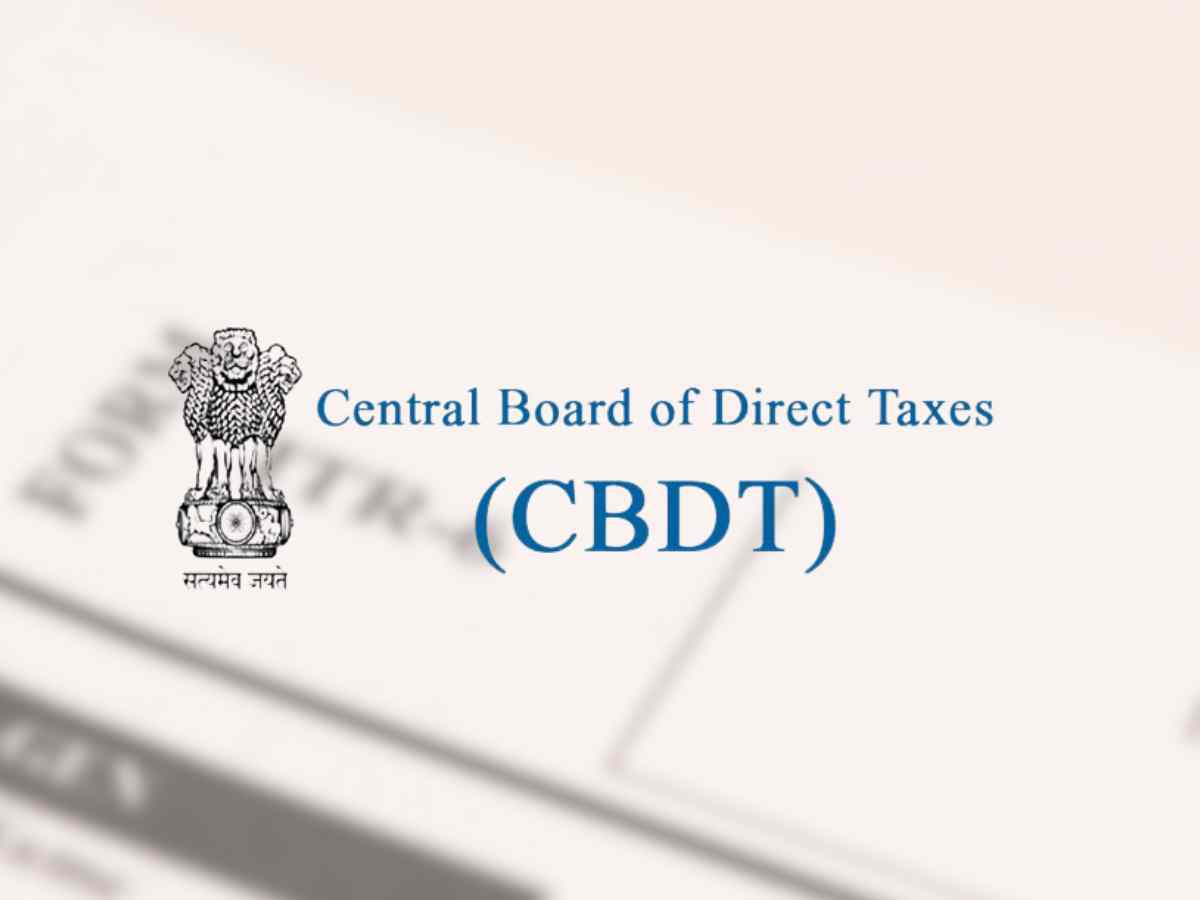CBDT notifies ITR forms,ITR-2 and ITR-3 for FY23-24
The taxpayers who are required to conduct income tax audits and have business income must file ITR-3 by October 31.

The Central Board of Direct Taxes has notified the income tax forms which comprise ITR-2 and ITR-3 basis which means entities, including individuals whose income exceeds Rs 50 lakh are required to share extra information while filing ITR using these forms for FY2023-24. The last date to file their ITR-2 and ITR-3 is 31 July 2024.
The taxpayers who are required to conduct income tax audits and have business income must file ITR-3 by October 31. Under the revised ITR-2, the income tax department has added a few more clauses such as the inclusion of Legal Entity Identifier [LEI] details, contribution details made to political parties, and deductions details for the maintenance, including medical treatment of a dependent with a disability.
Read Also : IndusInd Bank Q1 FY25 results, net profit at 2% YoYWhile for ITR-2 some revised norms are listed like individuals or HUFs subjected to tax audits can now verify their ITR using the electronic verification code [EVC].
ITR-3 is for individuals and HUFs An LEI is a unique 20-symbol code used for identification in the global financial system. It is mandatory for crediting refunds exceeding Rs 50 crore. Meanwhile, Individuals and Hindu Undivided Families who do not have income from profits and gains of business or profession are required to file ITR using ITR-2.
Also, individuals eligible for ITR-2 must have the income of another person like a spouse, or minor child, and not have any individual nature of interest of salary, bonus, commission, or remuneration.who have income under the head profits or gains of business or profession and who do not qualify to file form ITR-1 [Sahaj], ITR-2, or ITR-4 [Sugam].
Read Also : RBI issues guidelines on higher liquidity coverage ratio for retail deposits
ITR-3 is for those who have income derived from profits or gains of business or profession. This includes income from self-employment, freelancing, consultancy, or any other form of business or professional activities. It is also meant for HUFs engaged in business or profession and generating income from such activities.
Read Also : India assumes the Chair of Asian Disaster Preparedness CentreNews Must Read
- Karnataka Bank Announced record Q1 Net Profit at Rs. 400.33 CR
- NTPC, BHEL shares soar higher amid JV announcement in Budget 2024
- BEL signs tripartite MoU for manufacture of indigenised ammunition
- Goa Shipyard Limited launched first indigenous P1135.6 Frigate
- Chandan Sinha appointed as Non-Executive Part Time Chairman of RBL Bank
- OIL and Dolphin Drilling signs contract for hiring of Blackford Dolphin
- Cmde D.K. Murali, IN (Retd.) Joins as CMD of BECIL
- Samir Chandra Saxena Appointed as Director (Market Operation) of GRID-INDIA
- MOIL CMD bags Title 'CEO of the Year'
- ONGC sign MoU with GSI to advance geothermal exploration in Ladakh
